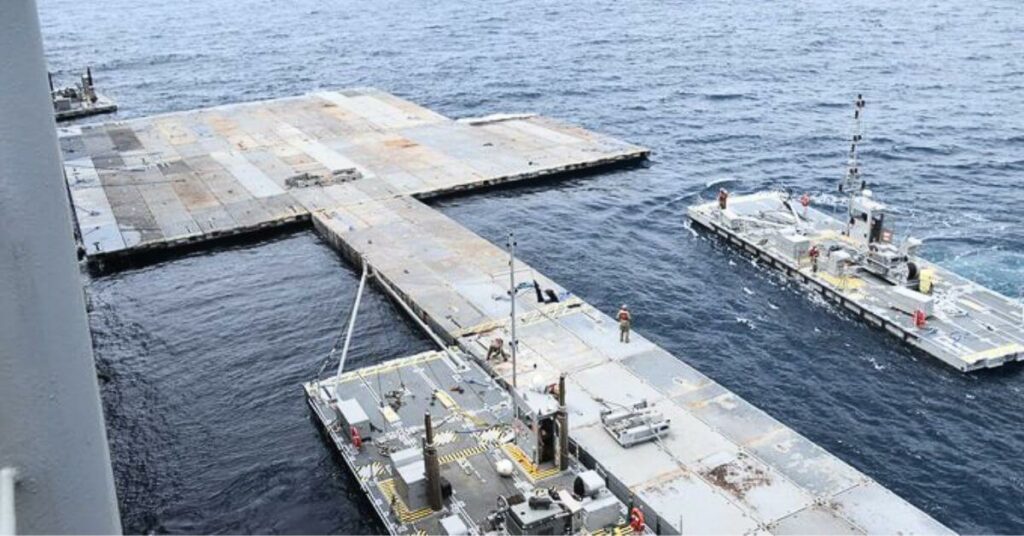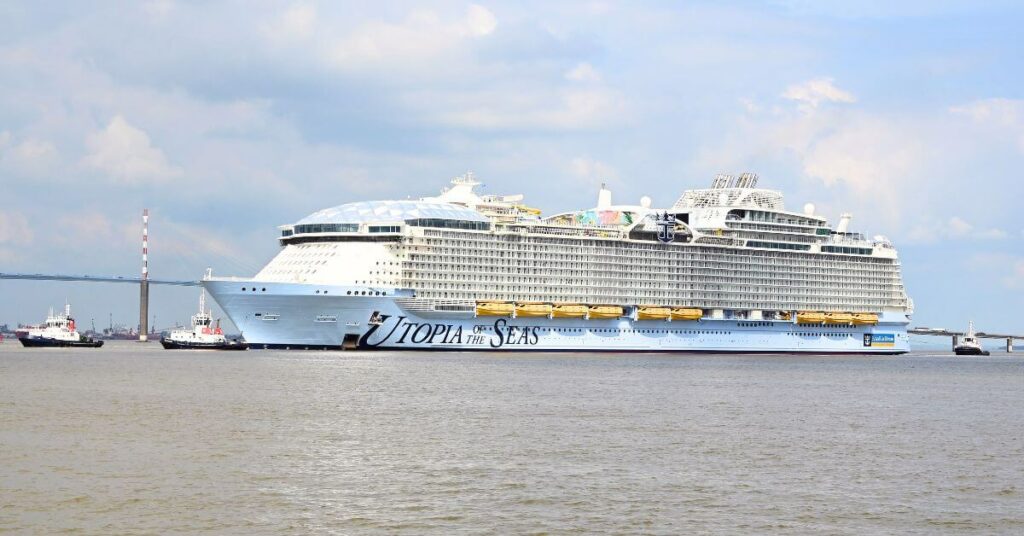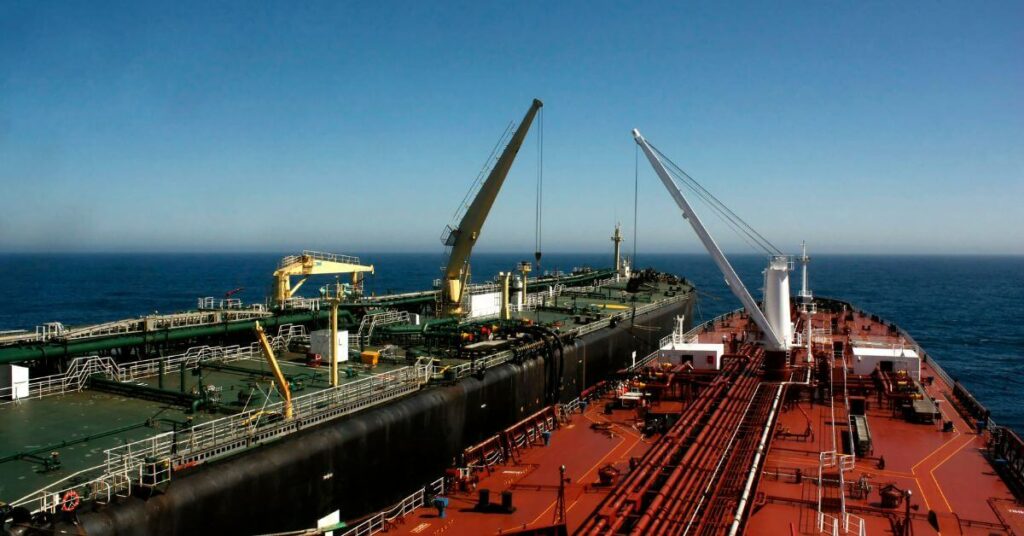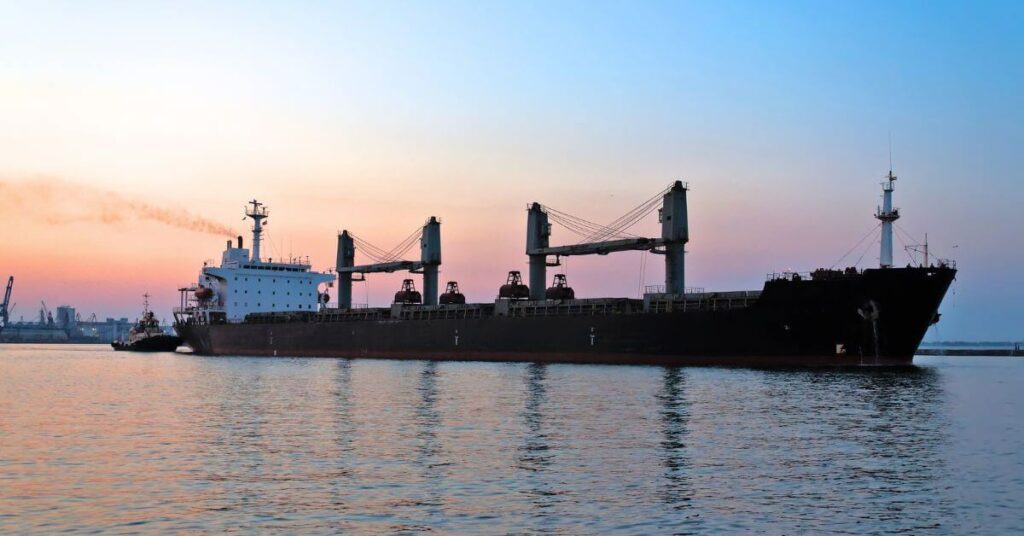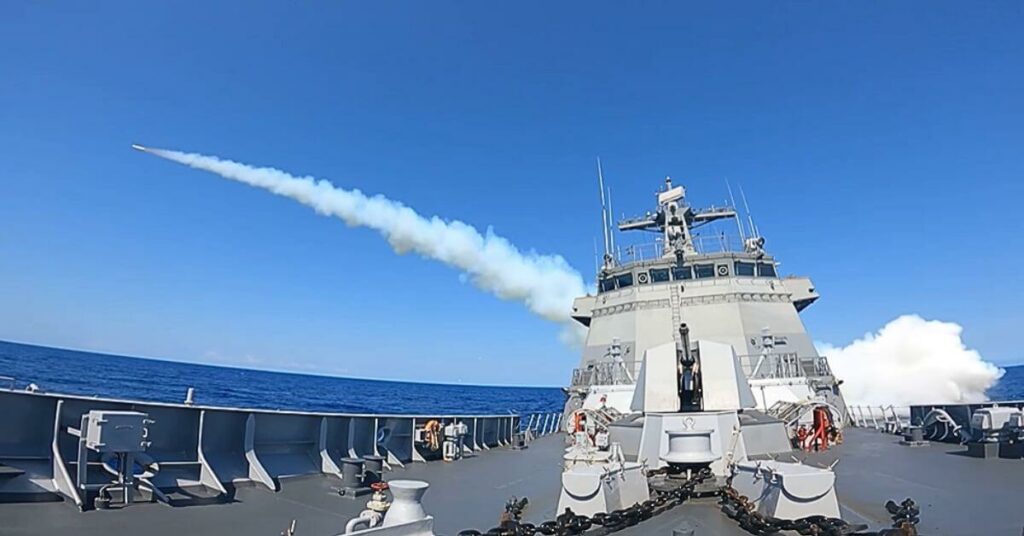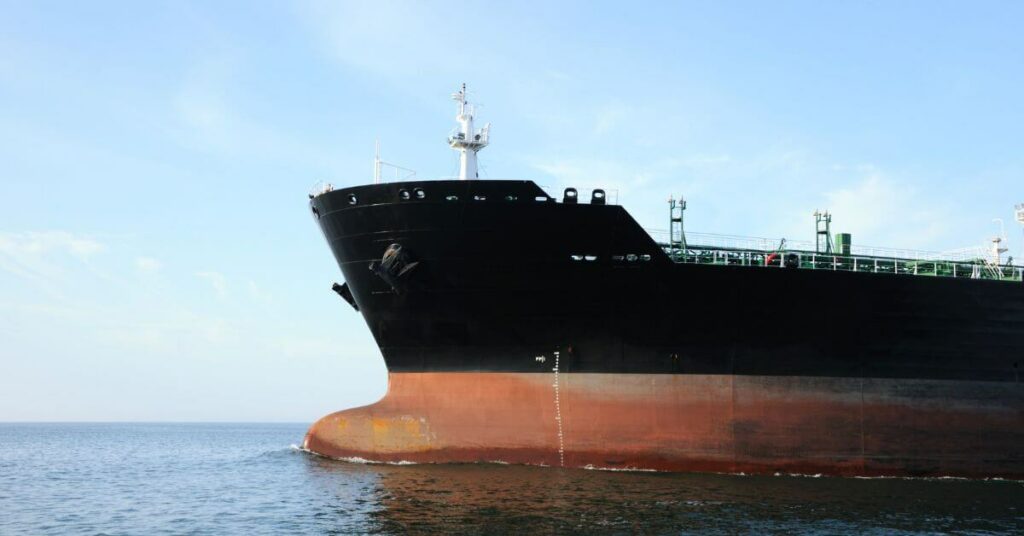IMO Receives Proposal For Zero Emission Shipping Fund To Accelerate Net Zero Target
The United Nations International Maritime Organization (IMO) has received a comprehensive proposal for the creation of a Zero Emission Shipping Fund (ZESF) from the International Chamber of Shipping (ICS), the Commonwealth of The Bahamas, and the Republic of Liberia. This fund aims to speed up the fleet’s transition to net zero emissions for commercial shipping worldwide by 2050.
Two of the most prominent flag State administrations have endorsed the plan, which calls for shipowners to make a required payment based on their vessels’ greenhouse gas (GHG) emissions. The goal is to raise substantial yearly funds to promote using marine fuels and technology with zero greenhouse gas emissions. The fund also aims to give developing nations financial support when they work to lower maritime greenhouse gas emissions.
The idea includes a flat-rate “levy-based” worldwide contribution system, building on the “feebate” concept first introduced by the Japanese government. Most notably, the revised proposal includes a clear accountability framework that outlines the use of the funds, especially those designated for developing nations.

The ICS Secretary General, Guy Platten, emphasised the initiative’s global relevance and said that a cooperative effort is needed to switch to net-zero shipping. Platten urged countries to demonstrate the political will required to implement the suggested solution swiftly.
In the next round of GHG discussions in March, IMO Member States will consider the ZESF and the “feebate” mechanism. By 2025, all governments agree to create a greenhouse gas price system for international shipping. If authorised, the ZESF seeks to help achieve net-zero greenhouse gas emissions from shipping by the year 2050.
According to the plan, the cost difference between conventional fuel oil and zero-GHG fuels will be covered by ship contributions per tonne of CO2 emissions. This will be accomplished by providing ships with financial incentives, or “feebates,” in exchange for utilising innovative marine fuels that reduce greenhouse gas emissions.
The proposal’s transparent and accountable aspects include backing the development of marine fuels with zero or nearly zero emissions, constructing new bunkering facilities in the ports of developing nations, and using educational initiatives to handle these fuels safely. According to a thorough impact analysis done for ICS by Clarksons Research, a contribution rate of between $20 and $300 per tonne of fuel oil used will not disproportionately impact the pricing of delivered cargo for national economies.
The goal of the Zero Emission Shipping Fund is to help the shipping industry, which depends mainly on fossil fuels, embrace more costly “green” fuels like ammonia, hydrogen, sustainable biofuels, synthetic methanol, and synthetic LNG once it reaches a certain “take-off” point. The plan, which is in line with the IMO’s 2023 GHG Strategy, is scheduled to be reviewed for approval in early 2025.
Reference: ICS
Disclaimer :
The information contained in this website is for general information purposes only. While we endeavour to keep the information up to date and correct, we make no representations or warranties of any kind, express or implied, about the completeness, accuracy, reliability, suitability or availability with respect to the website or the information, products, services, or related graphics contained on the website for any purpose. Any reliance you place on such information is therefore strictly at your own risk.
In no event will we be liable for any loss or damage including without limitation, indirect or consequential loss or damage, or any loss or damage whatsoever arising from loss of data or profits arising out of, or in connection with, the use of this website.
Disclaimer :
The information contained in this website is for general information purposes only. While we endeavour to keep the information up to date and correct, we make no representations or warranties of any kind, express or implied, about the completeness, accuracy, reliability, suitability or availability with respect to the website or the information, products, services, or related graphics contained on the website for any purpose. Any reliance you place on such information is therefore strictly at your own risk.
In no event will we be liable for any loss or damage including without limitation, indirect or consequential loss or damage, or any loss or damage whatsoever arising from loss of data or profits arising out of, or in connection with, the use of this website.
About Author
Marine Insight News Network is a premier source for up-to-date, comprehensive, and insightful coverage of the maritime industry. Dedicated to offering the latest news, trends, and analyses in shipping, marine technology, regulations, and global maritime affairs, Marine Insight News Network prides itself on delivering accurate, engaging, and relevant information.

About Author
Marine Insight News Network is a premier source for up-to-date, comprehensive, and insightful coverage of the maritime industry. Dedicated to offering the latest news, trends, and analyses in shipping, marine technology, regulations, and global maritime affairs, Marine Insight News Network prides itself on delivering accurate, engaging, and relevant information.
Do you have info to share with us ? Suggest a correction
Latest Shipping News Articles You Would Like:
Daily Maritime News, Straight To Your Inbox
Sign Up To Get Daily Newsletters
Join over 60k+ people who read our daily newsletters
By subscribing, you agree to our Privacy Policy and may receive occasional deal communications; you can unsubscribe anytime.

